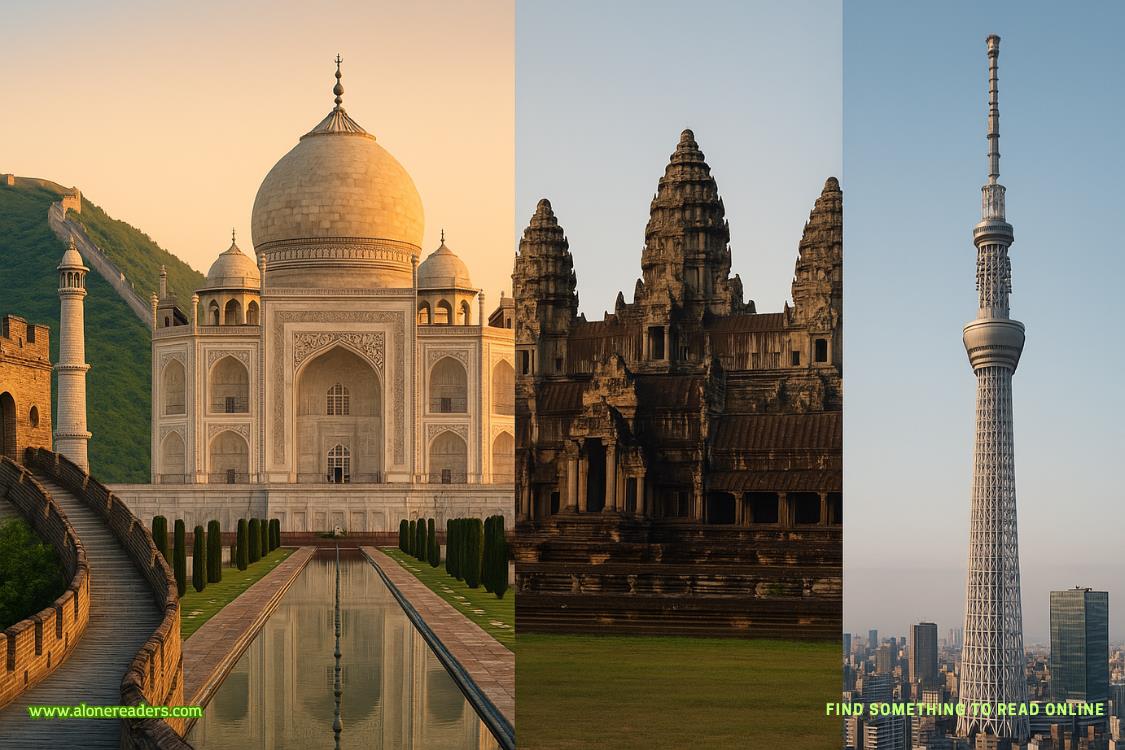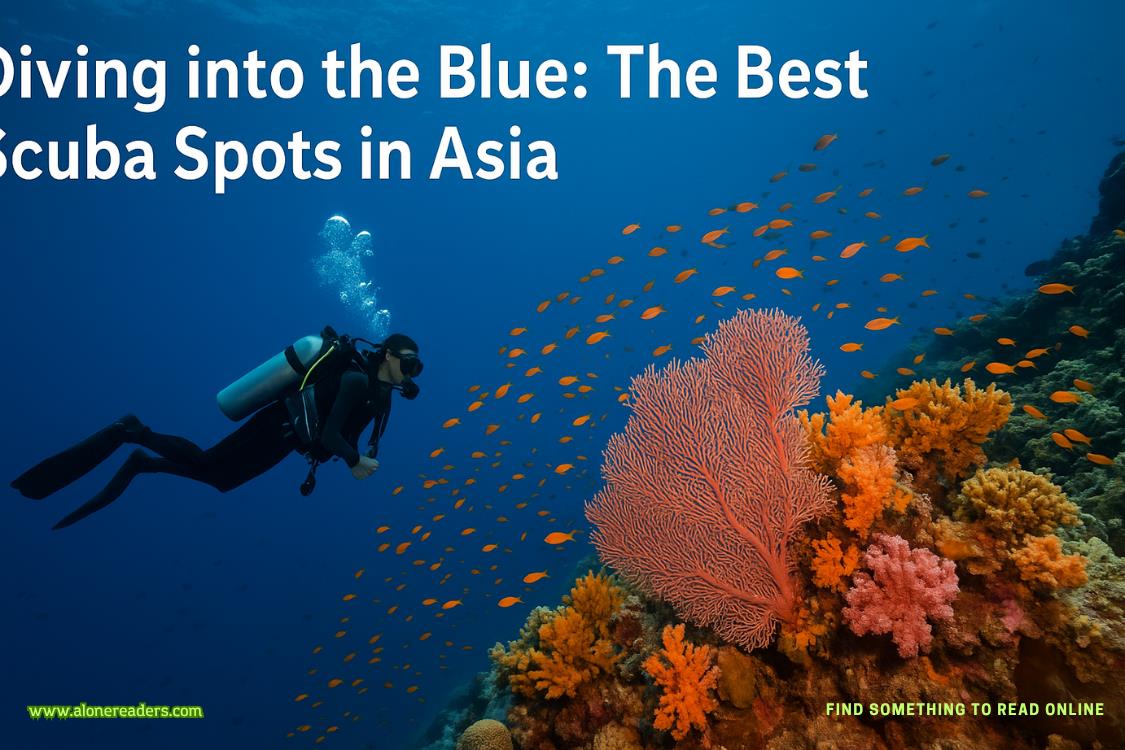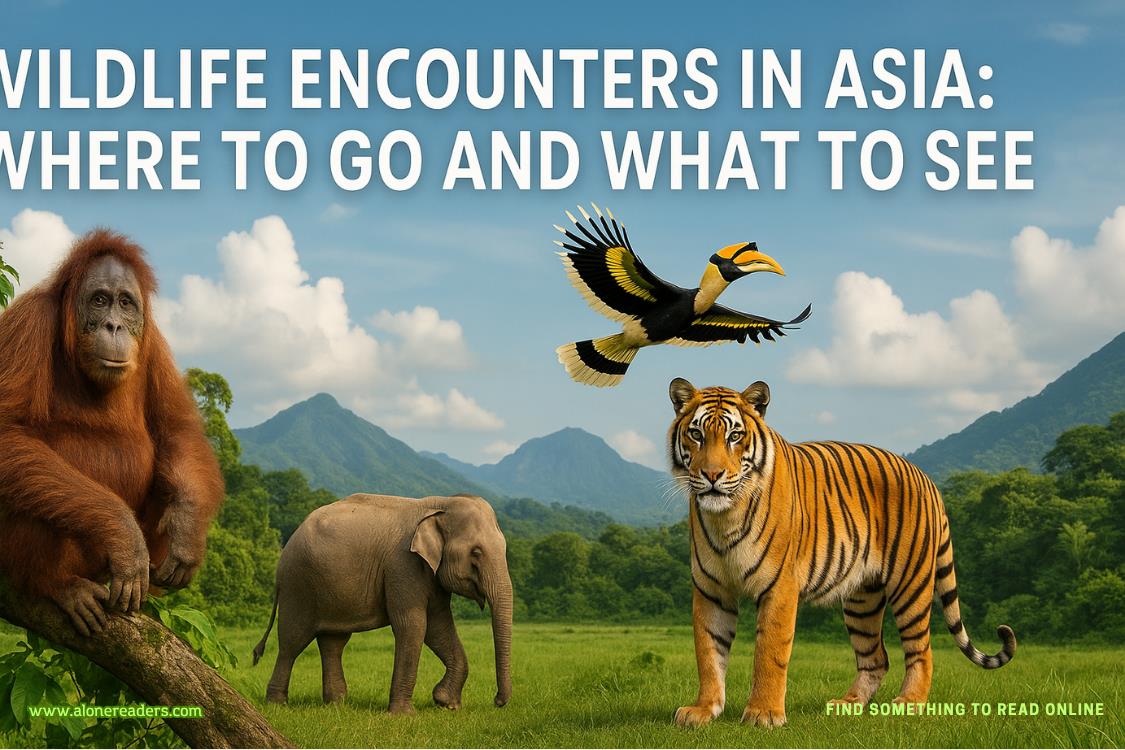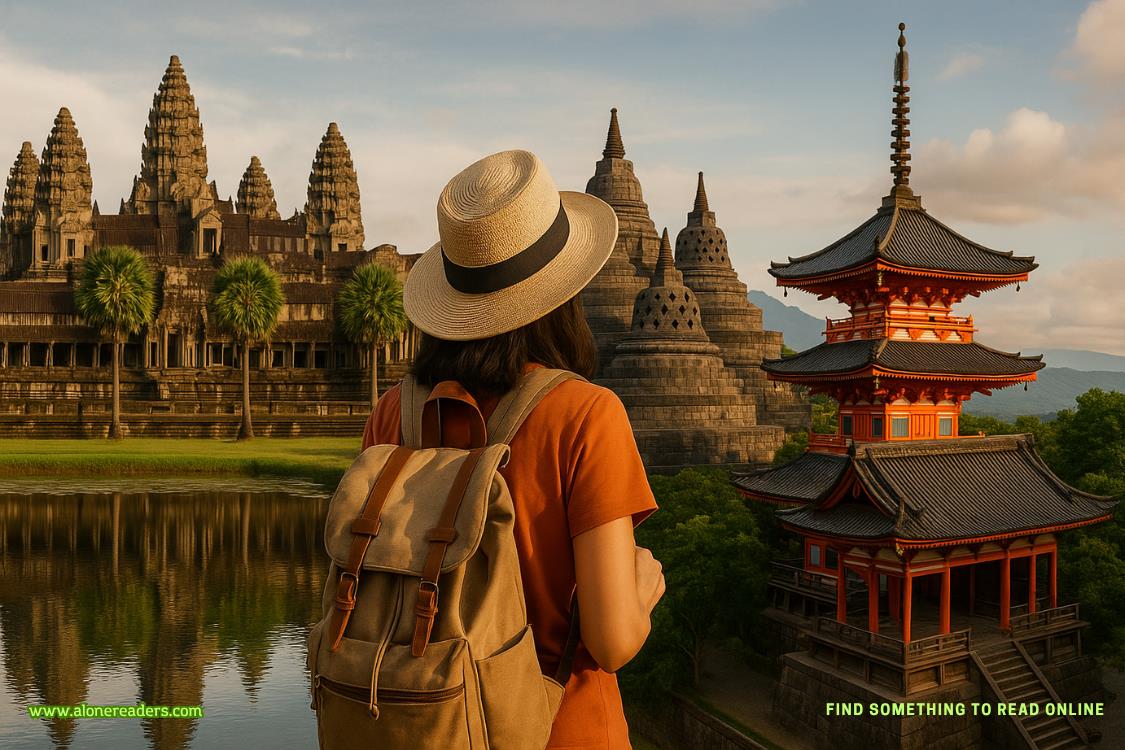Page 123 of Feral Werewolves
We lived, for those years, in that interim time, in a kind of survival interval that had to happen because tithes needed to be given agency again. We gave them power. We gave them a voice.
And to be fair, we weren’t the only group of wolves doing something similar.
It was a movement, loosely connected via message boards on the internet, of wolves copying each other, rumors spreading here and there. “There’s some wolf collective in the southeast where they’re making rules that tithes choose their wolves during the gatherings,” we’d hear, and then we’d all get together and talk about whether we wanted to try that. Was it meaning more matings, better matings, how was that going for them?
The thing that was true, no matter how a group of wolves went about it, was that more mates meant an immediate decrease in violence and conflict. Lonely people felt hopeless and angry. They lashed out. People who felt love and responsibility made better choices. They had something to value, something to preserve. They had someone to go home to, and they didn’t risk themselves in the same ways.
But I can’t say that always went smoothly either.
Noah left.
He wasn’t the only tithe to mate and then change their mind and go back over the wall.
I think, in Noah’s case, it was incredibly complicated and fraught. He had a set of challenges that many of us didn’t have, being a trans man. None of that made it easier for him, of course, not when so many people are threatened by the very idea of being transgender.
I know things happened. I know Red fought more thanone guy off on more than one occasion. One of them, Red snapped his neck, and no one faulted him for it.
But their relationship was fraught for other reasons. Sometimes, Noah and I would have wine together and talk or go out on walks in the woods. He’d tell me that Red was still just… toxic. That Red was in denial about his own homosexuality, that he was not always respectful to Noah’s identity, that they’d have arguments and Red would taunt Noah in various ways. “I can’t really love you because you’re not a man,” he’d say sometimes. Or sometimes, he’d say the complete opposite. “I’m meant to love a woman, and you’re not a woman.”
Noah couldn’t fix him.
Red had to want to fix himself.
It took Noah leaving for that to happen, I think.
After Noah left, Red straightened the fuck up. But by then, it was too late.
These days, Red doesn’t have a tithe mate. He’s in this throuple thing with a wolf that is mated to a woman and then Red’s with that guy, but kind of with the tithe, too? I don’t know. It seems to work fine for them, though. They all have three children together, and two of them seem to be biologically Red’s, and he’s mellowed. He’s older, too. We’re all older. Age takes a lot of those sharp edges off.
As for Noah, he and I are still in touch. He lives in the city, but he’s mated a wolf. There are wolves back in the cities nowadays. They leave for the full moon, and they have a group of wolves that let them frolic there during their gatherings.
And yes, the mating bond can break and a new one can form. No, no one is consigned to a life with a toxic person because of some biological bond.
But about the walls coming down.
How did it happen?
Slow at first, and then all at once.
There was a podcast crew that came out to live with us right before things really started changing. They recorded everything, including when I eventually had an enormousbreakdown about the fact I’d been repressing all my trauma about being raped.
There were discussions between myself and the woman doing the podcast about leaving all of that out. She said she would respect my privacy and she wasn’t there to inflict more trauma on me while I was healing, but I decided it was important for people to hear about it. For one thing, I wanted other victims to see they could speak out. For another thing, I thought it was important to show how much things had changed out here, what a transformation we’d gone through as a community, and how it was possible for us—as a society—to see that people who do bad things can grow and change.
So much of what we did with the werewolves was simply to throw them away.
We decided they weren’t people, that they were just a threat, and we tossed them outside the walls and lived in fear of them.
They had to inhabit that role, the role of a monster.
They were never monsters, though, just people in pain.
That wasn’t to excuse the violence that happened out here, but it was to make clear that violence doesn’t happen in a vacuum. It’s tempting to assume that if you cut out the bad person, then you’ll be safe. But the real way to make a safe world is to eliminate the elements of the world that turn people bad.
However, that was not my personal journey in terms of dealing with the fact I’d been violated.
I’d been doing too much of that, too much excusing, too much forgiving, too much, “Oh, but they couldn’t help it, these poor, abused werewolves.” I wasn’t wrong.
But I also wasn’t honoring my own pain or even acknowledging what had happened to me.















